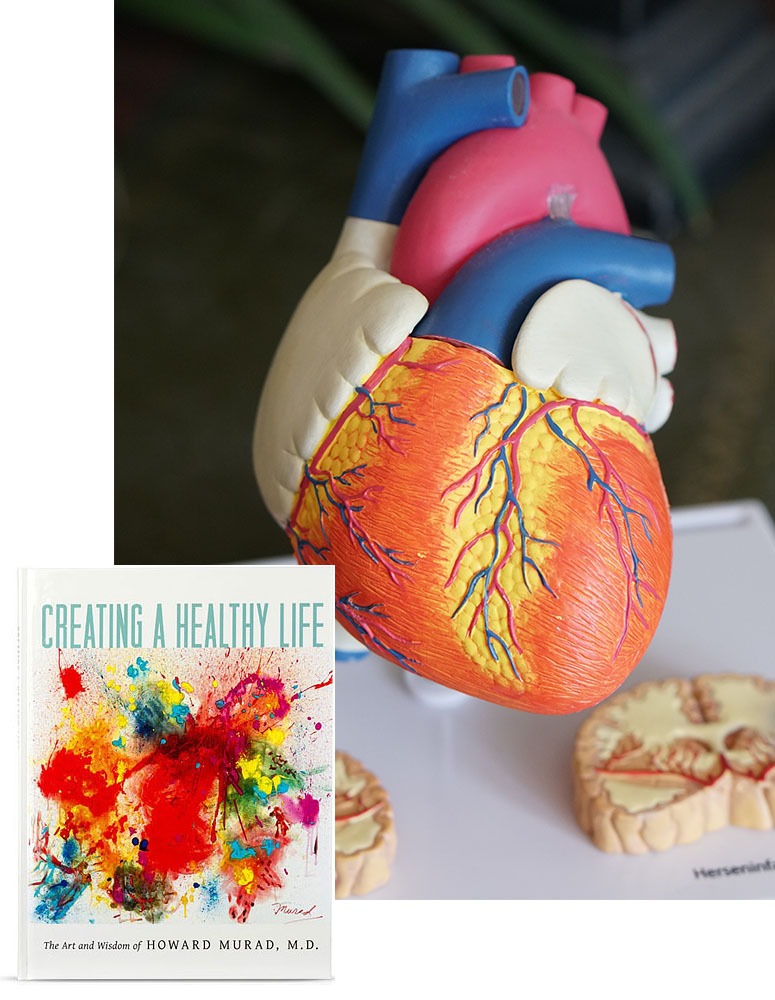Inflammation: The Good, the Bad, and the Culturally Stressful
You may have heard a lot of negative press about inflammation. From constant advertising for anti-inflammatory drugs to a steady stream of articles about anti-inflammatory diets, it’s easy to conclude that inflammation is bad for you.
But acute inflammation, actually, is a healthy bodily response to infection or injury. Cut your finger, sprain your ankle, get stung by a wasp, or encounter streptococcus bacteria, and your body sends white blood cells to the site to surround the injury and fight infection. It might not be pretty—your ankle or finger might swell and turns a nasty purple or fill with pus—but it’s your body doing what it was designed to do for damage control. In this way, acute inflammation is like normal stress: your body perceives a threat and mobilizes to “fight, fly, or freeze.”
There’s another kind of inflammation, though, which is chronic and debilitating over time. This kind of inflammation is invisible. It isn’t localized to a spot you can identify by its swelling or discoloration. It isn’t short-lived—arising to do a job and then subsiding when no longer needed. Worst of all, this kind of inflammation isn’t healing. Rather, it plays a central role in heart disease, stroke, cancer, and other illnesses. It also can result in autoimmune disorders like rheumatoid arthritis and lupus.
Just as Cultural Stress is constant and pervasive, so chronic inflammation is characterized by a constant, low level of inflammation pervading the entire body.
And, just as Cultural Stress is often the result of perceived internal threats, so is chronic inflammation. Even when there isn’t a disease to fight or an injury to heal, stress can trigger the body’s inflammatory response. As a result, white blood cells spring into action—but don’t know where to go or what to fight. Instead, they circulate aimlessly in the bloodstream—boosted periodically by additional perceived internal threats—until they may eventually start attacking internal organs or other healthy tissues and cells. This is the basis of autoimmune disorders.
Chronic inflammation also can cause DNA damage and lead to some forms of cancer, according to the National Cancer Institute. (While it’s not clear how chronic inflammation causes heart disease and stroke, one theory is that it promotes the buildup of plaque in the blood vessels, constricting flow and making the heart work harder, while increasing the risk of stroke.)
Fortunately, a healthy diet—one that follows my Pitcher of Health—is one of the best ways to protect yourself against chronic inflammation. As faithful readers know, that means a diet high in fresh, water-rich foods like colorful vegetables and fruits, embryonic foods (nuts, seeds, and eggs), fish and plant-based proteins (beans, peas, and legumes), and whole grains.
Research has shown that leafy greens like spinach and kale, along with broccoli and cabbage, are rich in vitamin K, which curbs inflammation. Similarly, many fresh fruits—like cherries, raspberries, pomegranates—contain beta-carotene and vitamin C, both of which have anti-inflammatory and antioxidant properties. Foods with bright colors also contain polyphenols—a large group of plant chemicals that reduce inflammation.
Just as important are foods to avoid—primarily sugar, including fruit juices (these pack a sugar wallop), and processed foods, including white rice and bread. You should also avoid hydrogenated and trans fats and excessive amounts of caffeine and alcohol.
Finally, it’s essential that we manage our Cultural Stress—the all-pervasive stress of modern living. One of the easiest ways to do this is to unplug for a certain portion of the day or week. There may be a 24-hour news cycle, but we don’t have to subject ourselves to it. Instead of relating to the world through your digital device, develop real-world and real-time relationships and allocate more of your day to them.
Get regular exercise—it’s a great stress-reliever, which means it’s a great inflammation reducer.
Watch how you talk to yourself. Practice positive self-talk and healthy affirmations. Here are a few to get you started. (They’ve been clinically proven to improve mental and physical health markers!)
To summarize, chronic inflammation—like chronic Cultural Stress—is a health risk. Commit to your ongoing health and happiness by taking proactive steps to minimize it. That’s Modern Wellness!
For more affirmations and uplifting illustrations, read my book, Creating a Healthy Life.
